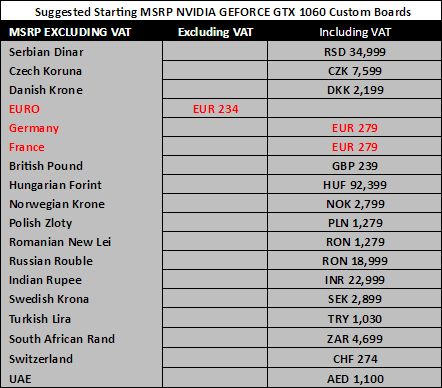Slimebeast said:
JEMC said:
iirc, Pascal doesn't perform better in DX 12 than Maxwell. Pascal cards are more powerful and that also makes them more powerful in DX12, but the performance drop when switching from DX11 to DX12 for both families is pretty much the same.
And AMD cards don't gain when running DX12 games, they simply loss less performance than Nvidia cards. The same game run in DX 11 and DX 12 will run faster on DX 11, whether you're using an AMD or Nvidia card.
And it's worth keeping in mind that DX12 won't take over the PC gaming echosystem overnight, DX 11 will still be a thing for many, many years. Just look at DX9, which is still used nowadays.
I'm not saying that you should choose a GPU looking only at today's games/performance, but you should be realistic. If you're thinking about replacing your card in 2-3 years, thinking about DX12 is pretty much useless.
|
Is that because they are games developed and designed for Dx11?
With upcoming games designed primarily for DX12 it will be the opposite instead, there will be some performance advantages, right? Compute something or what was it? Run CPU tasks on the GPU (although that wouldn't help CPU bound games)? Or have I just drunk some kool-aid. Please elaborate lol.
|
First of all, after writing that I was told that this wasn't true and that performance improved when moving from DX11 to DX12. That is true in some cases, but not in others:
http://www.guru3d.com/articles-pages/hitman-2016-pc-graphics-performance-benchmark-review.html
1080p DX11

1080p DX12

Now, regarding your question. The problem we have is that there aren't many DX12 games available, and even less DX12 only games. But I would say that it's more a case of devs/publishers willing to invest in making proper DX12 modes versus others that only the bare minimum to be able to use the DX12 tag as a selling point.
Part of the benefits of DX12 is to avoid CPU bottlenecks (that Mantle's primary task, and DX12 & Vulkan come in one way or the other from it), but also brings new techs and tricks, one of them being Asynchronous Computing or A-Sync Compute where AMD's GCN hardware excels. But that is only part of DX12.
Honestly, I don't know how long it will take until DX12 is the base API for the upcoming games. If it was in MSoft's hands, it would have happened one year ago, but that's not how it works. In my opinion, I'd say that DX11 will still be the main platform the next three or four years, because the market is still dominated by DX11 capable cards.
Please excuse my bad English.
Currently gaming on a PC with an i5-4670k@stock (for now), 16Gb RAM 1600 MHz and a GTX 1070
Steam / Live / NNID : jonxiquet Add me if you want, but I'm a single player gamer.





























































